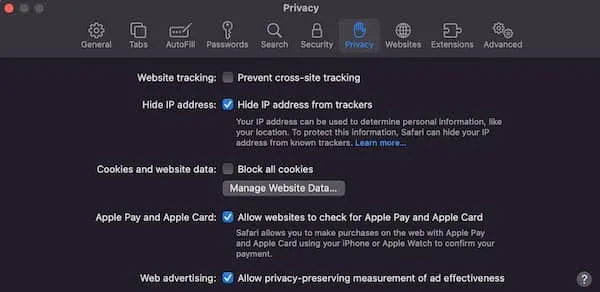
Date: Thursday, September 5, 2024 at 2pm Eastern time (60-minute webinar)
Sponsored by FNNR; Co-Sponsored by ISNR
Registration:
Course Description:
This session is designed to introduce the vital role of Event-Related Potentials (ERPs) in enhancing clinical expertise and improving therapeutic outcomes. Unlike Quantitative EEG (QEEG), which primarily examines the brain’s electrical activity at rest, ERPs provide a dynamic assessment of the brain’s response to specific tasks or stimuli, offering invaluable insights into the brain’s functional processes.
Throughout this webinar, we will delve into the distinctive capabilities of ERPs that are not visible through QEEG, such as the precise timing of neural responses, which can inform more targeted interventions in neurofeedback practices. We will explore how ERPs can effectively reveal various aspects of cognitive and neurological functions—such as attention, perception, and memory—thereby providing a more comprehensive view of an individual’s brain activity.
Specifically, this session will focus on key ERP components and their clinical applications, including the Oddball task for evaluating speed of processing, the Contingent Negative Variation (CNV) for studying anticipatory behavior and decision-making processes, and the Mismatch Negativity (MMN) for assessing auditory discrimination and consciousness, particularly useful in coma patients. This aims to illustrate the breadth and depth of insights ERPs can offer into active brain function, making them indispensable in the toolkit for everyone who wants to become a more advanced neurofeedback practitioner.
By the end of this webinar, attendees will gain a clearer understanding of the advantages of ERPs over traditional QEEG in the context of active brain assessment and will be equipped with the knowledge to apply these insights in their clinical practice.
Presenter: Thomas Feiner
Who is the Audience: Psychologists, educators/researchers
Fees: Webinar fee is $35.00 for all ISNR members. The fee for non-ISNR members is $45.00. Student fee is $15 with proof of student status.
Continuing Education: No CE credit is available for this webinar.

